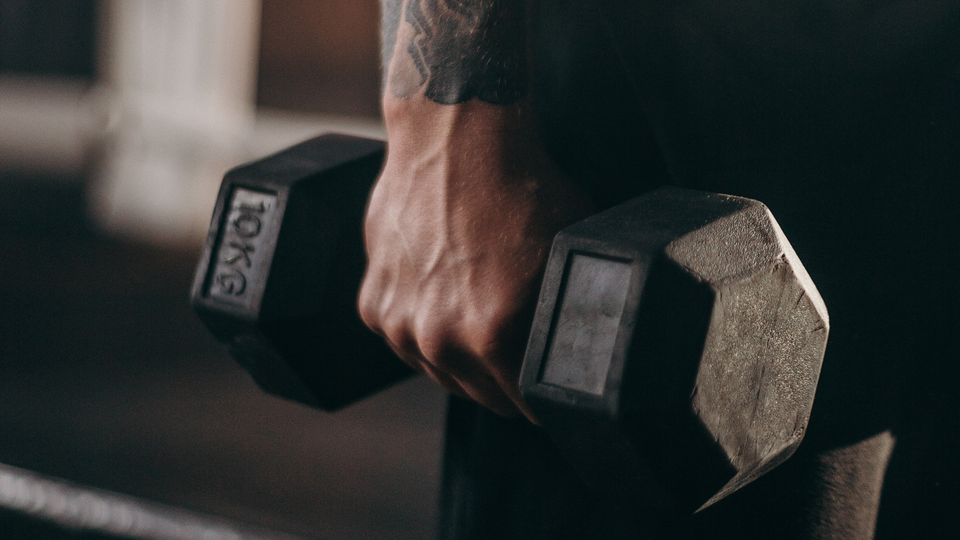Whether you’re a novice lifter or a seasoned veteran in the gym, you have likely struggled with an exercise at one point or another due to your grip failing. It’s a humbling experience – picking up a barbell that’s quickly trying to escape your grasp, or hanging onto a dumbbell for dear life just to get in your last few reps.
Though discouraging at times, it cannot be emphasized enough: do not shy away from exercises or loads simply because they challenge your grip. Enduring the discomfort will be well worth it. Several studies have shown reduced risk of negative health outcomes and improved cognitive performance in elderly adults with good grip strength relative to population norms. In fact, superior grip strength in elderly populations has been associated with a lower risk of falling and hospitalizations, high bone mineral density, and slower cognitive decline several years after the last instance of grip strength “training” [1].
That said, here are a few tips for challenging your grip in the gym to see the gains now AND later:
-
Work in heavy suitcase holds or carries. This exercise allows you to hold extremely heavy loads without challenging your upper body strength in an unreasonable way. Meaning, you can statically hold much more than you can move dynamically for an exercise like a row.
-
Utilize a traditional, double-overhand grip as long as you can on heavy deadlifts and RDLs. Sometimes, these exercises quickly challenge your grip strength, prompting the use of an alternating grip. Instead of jumping to the over-underhand position as soon as you start your working sets, use the double overhand grip as long as possible to challenge your ability to hold the bar. Then, when you can no longer complete a full set with that grip, switch it up.
-
Use fat grips, towel resistance, or thick bars occasionally. Sometimes, a lot of grip work can irritate the elbow, especially in people who do a lot of upper body tasks at their job, or in athletic populations who utilize overhead movements in sport. Fat grip adjustments to dumbbells or barbells, towels, and other alternative equipment are great ways to open up the grasp required to hold the load while also challenging your grip strength.
Whether you’re trying to get stronger now or make sure you stay resilient late in life, both direct and indirect grip strength work is a great way to take advantage of movements you are likely already doing. So, stare those heavy dumbbells in the face and give it a shot. Your brain and body will thank you!
Citation
- Bohannon, Richard W. “Grip Strength: An Indispensable Biomarker For Older Adults.” Clinical interventions in aging vol. 14 1681-1691. 1 Oct. 2019, doi:10.2147/CIA.S194543
